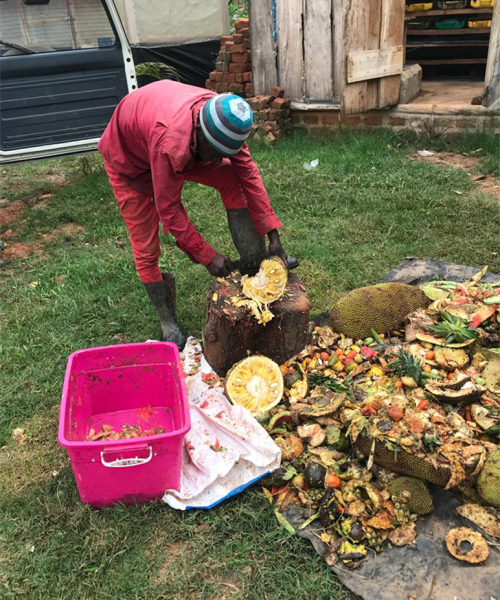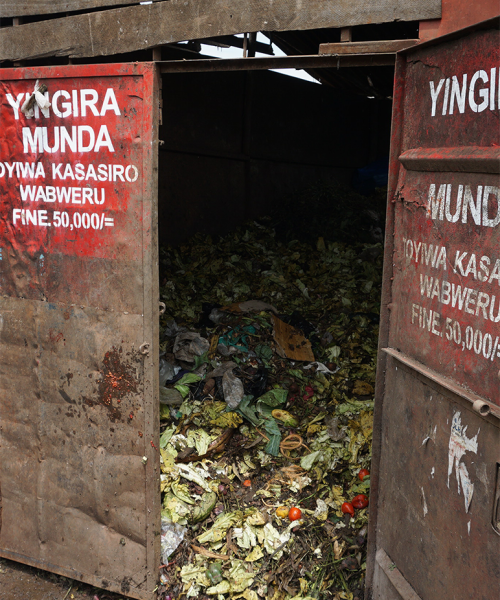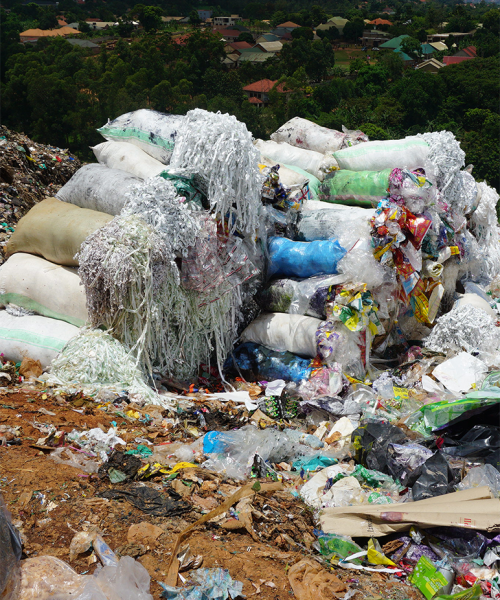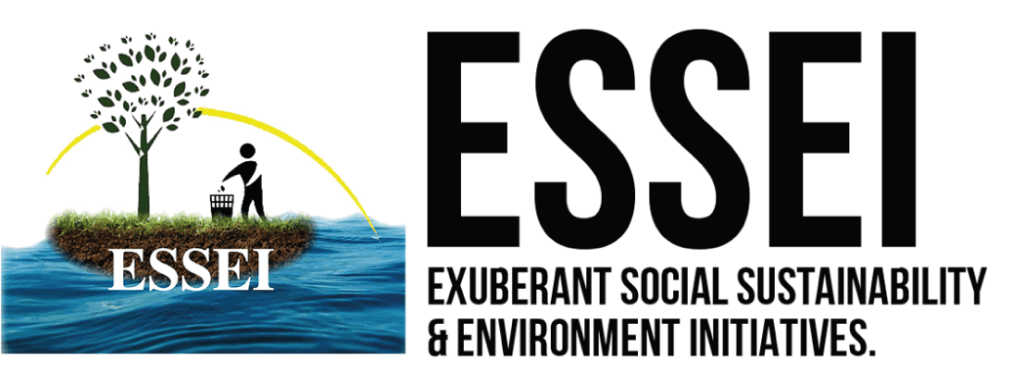Show Its Worth, Save the Earth.
Our Objective
To address the core issues that are needed to battle climate change and global warming so as to live sustainably.
ESSEI provides a unique, specialized and unrivalled range of environmental and sustainable development services ranging from environmental conservation and protection, waste management, social innovations and creativity, menstrual health and hygiene management, livelihoods, advocacy and empowerment of women, girls, and the youths, water, sanitation and hygiene (WASH), sexual and reproductive health, legal aid and research with special emphasis on monitoring and evaluation.
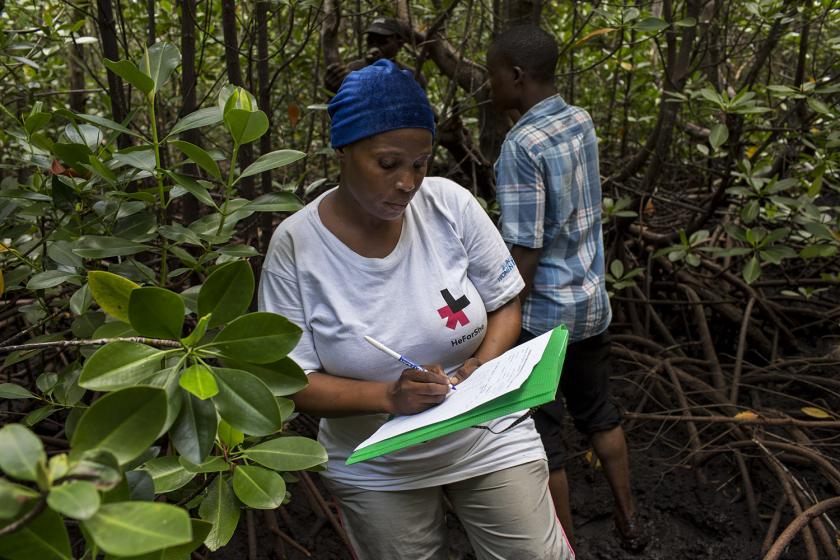
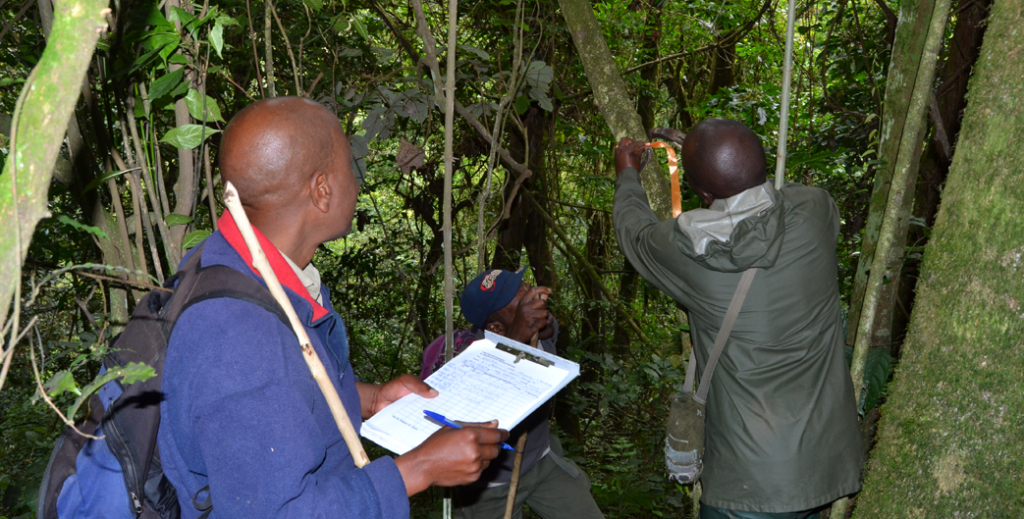
Nature is Our Home
Investing in environmental conservation in Uganda involves financial investments, policy advocacy, awareness campaigns, and community mobilization for reforestation, biodiversity conservation, eco-tourism, job creation, sustainable farming, renewable energy, pollution control, and stakeholder collaboration with government, NGOs, civil society, and private companies for institutionalizing investments and ensuring sustainability.
Cost Reduction
More Power
Cleaner Energy
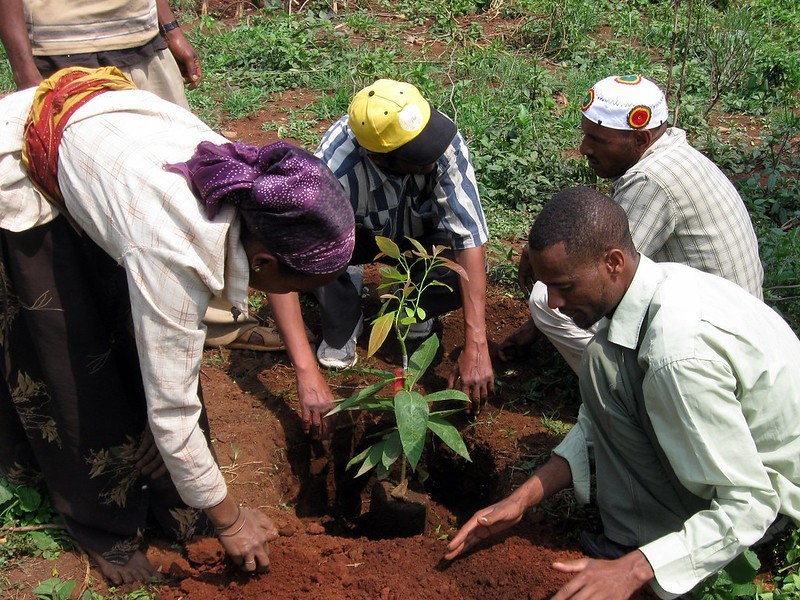
Forest Conservation
Global Forest Watch indicates that from 2001 to 2021, Uganda lost 1228ha of tree cover from fires and all other drivers of loss. Ministry of Water and Environment reported a reduction of forest cover from 24% to 8% between 1990 and 2018 UNDP predicted that Uganda risks having no forest cover by 2040 and this is not befitting for the Pearl of Africa. Various interventions need to take place in communities and nationally to preserve this invaluable natural resource. Reforestation, afforestation, establishment of forest reserves, and stricter enforcement of forestry laws are some of the reactions to this tragedy as well as providing alternatives to charcoal burning and consumption.
ESSEI prioritizes afforestation, reforestation, monitoring and reducing impacts of forest fires as well as providing alternatives to charcoal burning and consumption. We also treat tree diseases, handle pest infestations, and give support to community-based forest conservation initiatives.
Sensitization of masses on the sustainable use of forest resources and on the repercussions of unregulated deforestation is also key to our agenda. We carry out visits to forests and reserves to build appreciation on the value of forests while sharing these experiences with the world. Influencing the development and stern implementation of policies is another pillar to the change we desire to make.
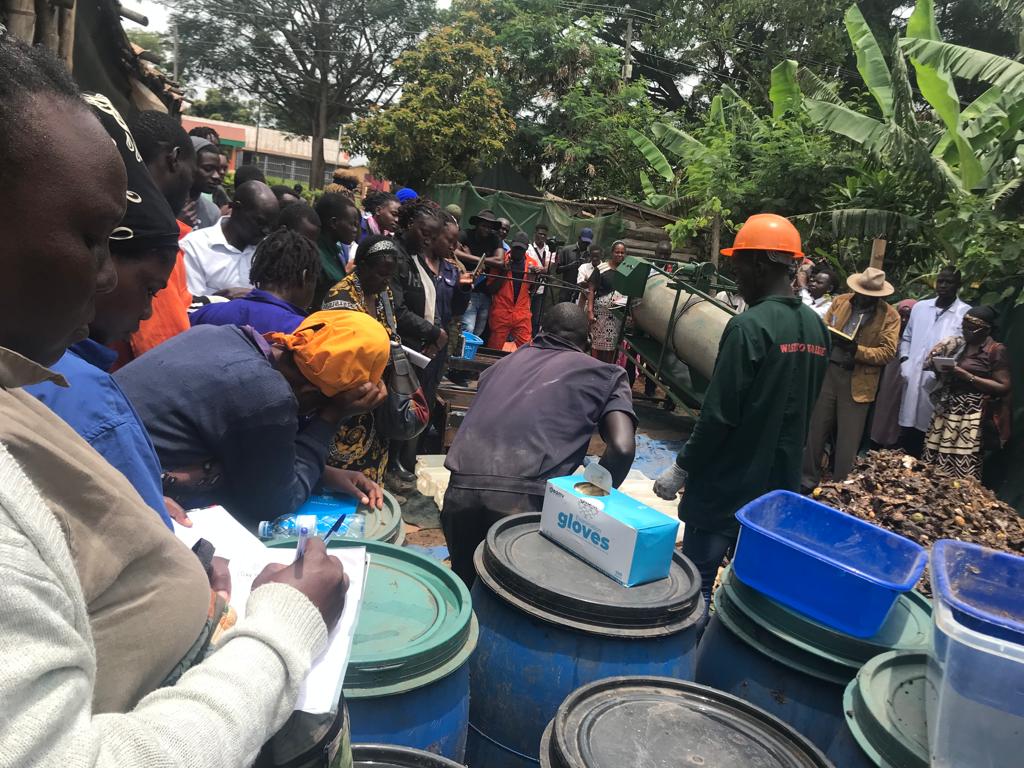
Environmental Public Awareness
When people lack awareness, they lack motivation to do or not to do certain things. With this in mind, the importance of having people in the know is key to addressing environmental issues. It increases their understanding about these issues, encouraging them to take action to address them, and holds them accountable for their actions.
Through mass media, public education programs, community outreaches, advocacy campaigns, and social media, information on key concerns is passed out to sensitize and educate people. However, in Uganda, environmental awareness campaigns need to be strengthened in order to achieve their desired goal and make a positive change on the pressing issues. The efforts are characterized by limited reach, limited resources, information overload, and partial comprehension of generic information. Moving forward with an understanding of these challenges, ESSEI provides tailor-made material for specific environmental problems by identifying the issue, understanding the target audience, developing the message, and defining the appropriate communication channels.

Pollution Control
A 2018 publication by the World Health Organization reported that the annual mean concentration of PM2.5 in Uganda was 43 μg/m3, which is above the WHO guideline of 10 μg/m3.
ESSEI comes in and partner with other stakeholders such as the government, private sector, civil societies, and the public to invest in pollution control measures, strengthen institutional frameworks, improve waste management, and increase public awareness and education. Some of our interventions include designed initiatives geared towards reducing waste generation, lobbying and advocacy to ensure that manufacturing companies comply with environmental regulations, implementing cleaner production processes, recycling and reusing materials, and convincing prominent waste generation companies to engage in corporate social responsibility activities. We also carry out research to fill the knowledge gaps in pollution levels and sources.
By implementing these measures, we reducing the impact of pollution in air, water, and soil while creating a more sustainable future that is urgently needed. Climate change is mitigated, quality of life improved, economic development supported, social responsibility enhanced, and natural resources preserved when pollution is controlled and when we are at the core of the matter.
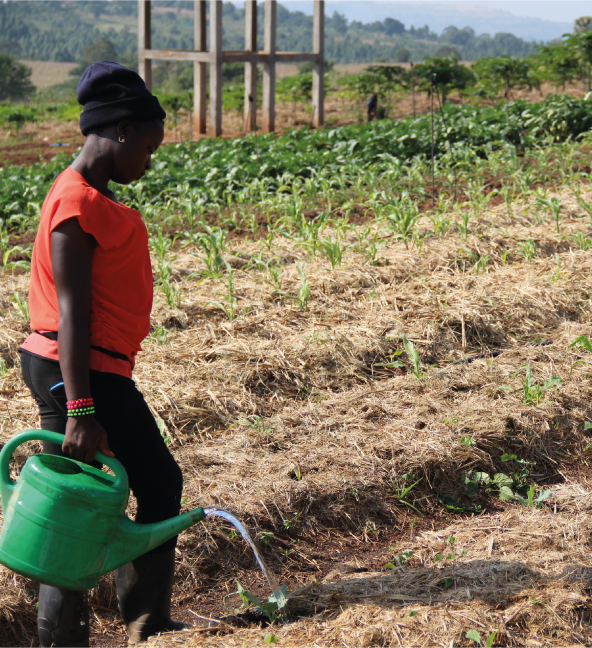
Soil Conservation Trainings
With 80% of Ugandan households practicing agriculture as indicated by UBOS, and the sector employing 70% of Ugandans as reported by World Bank, techniques such as minimizing tillage, contour farming, terracing, mulching, crop rotation, agroforestry, and proper irrigation management are employed to manage the soil. However, the knowledge of these practices is not satisfactory and the competency in applying them is low.
This does not settle well with ESSEI and we are determined to drive the necessary change. We create awareness and build skills in applying these techniques among community members through resourceful instructors.
Workshops, conferences, and seminars are the methods we use, after which we evaluate the effectiveness of the trainings to enable us support the audience better and improve our dissemination. With these trainings being successful, we shall witness better use and protection of soil as a resource.
